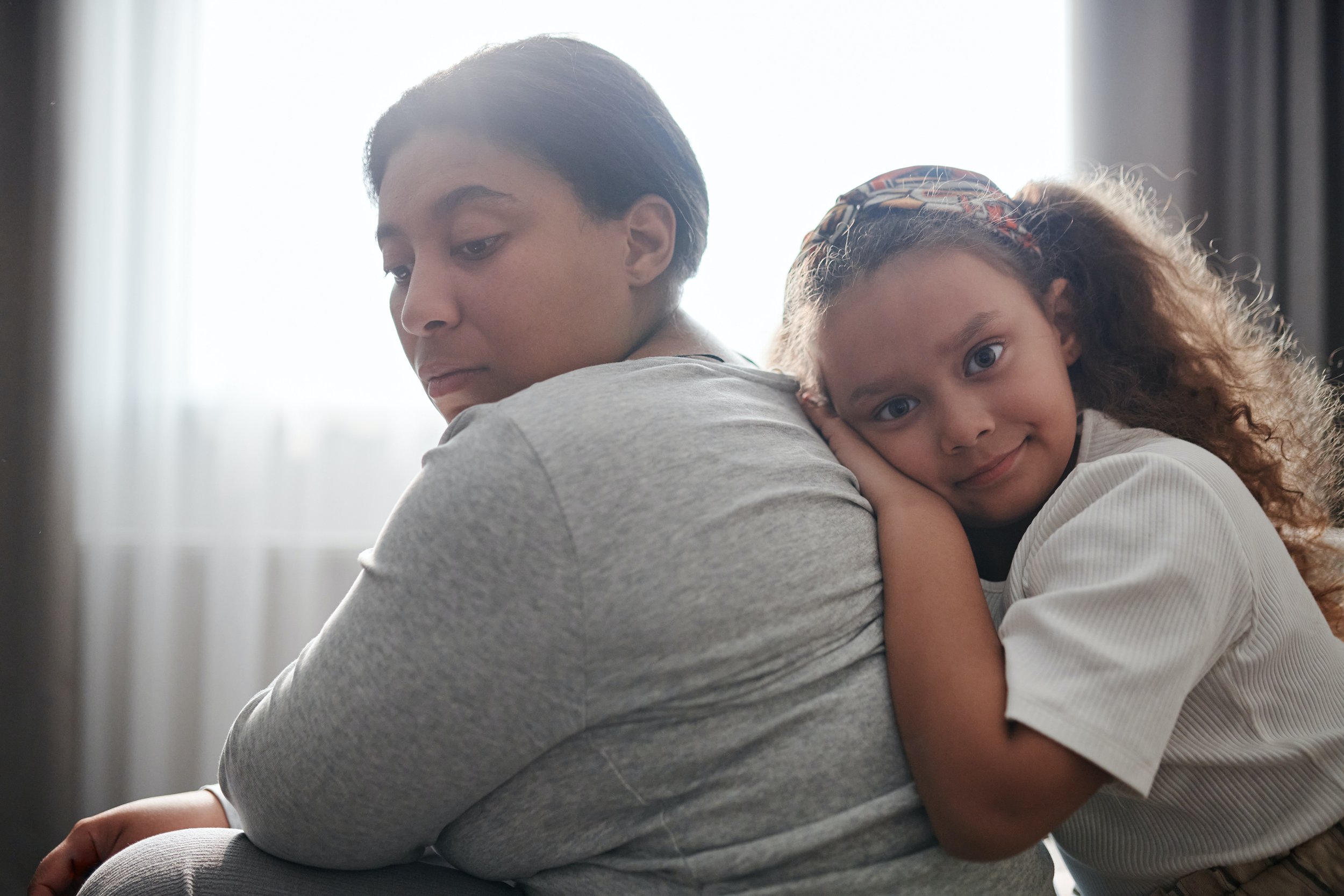
Furloughs likely to worsen delays of unemployment, Medicaid and SNAP claims
Governor Ige’s plan to furlough state workers could further increase the already-maddening length of time it takes to process critical services like unemployment.

One year later: The effects of Hawaiʻi’s illegal short-term rental ban
Illegal vacation rentals have worsened Hawaiʻi’s affordable housing shortage while contributing to an overrun of high-impact, low-spending visitors.

Sowing seeds of service
“Our work is to bring all these different sectors together and create lasting solutions and changes.”

Not politics as usual
To address socioeconomic inequality, Hawaiʻi’s decision-makers need to come up with an effective problem-solving process so stakeholders can come together to achieve concrete solutions.

Hawaiʻi has the highest housing wage in the U.S.
Researchers analyzed rent prices in all 50 states to determine how much was needed to rent a two-bedroom apartment at fair market value without spending more than 30 percent of one’s income.

COVID-19 budget moves out for passage, but not without controversy
The allocations of the federal aid money drew criticism from social service agencies while the process of adopting the budget measure, using a method called gut-and-replace, riled others.

Social service workers rally at state Capitol
Lawmakers say they will use $635 million in CARES Act funds to assist the unemployed and local businesses, but advocates say it’s still not enough.

Extra help urged for Hawaiʻi renters who face eviction due to COVID-19 pandemic
The situation for renters is likely to get worse in the coming months, especially after the $600 boost to federal unemployment benefits expires July 31.

Nonprofits urge lawmakers to quickly commit federal funds to cope with social needs
The Working Families Coalition released a plan to distribute $362 million including CARES Act funds to help families with rent, food, healthcare and more.

Aim higher for Hawaiʻi’s minimum wage
Job losses have not been linked to past raises. The EITC has not sufficiently offset poverty levels. Nearly half the population barely gets by.

Minimum wage hike bill advances, but critics say it’s still not enough
A bill to hike Hawaiʻi’s minimum wage is moving to the full house, but critics say it still falls short of what a person needs to live in the 50th state.

Working families need more relief
The statistics about how many of Hawaiʻi’s people struggle look worse with each passing year, so plainly the safety net needs reinforcement.

Trump policy could have far-reaching effects on Hawaiʻi’s immigrant population
The public-charge rule has been a lightning rod in the national debate over immigration with critics accusing Trump of pushing racist policies that discriminate against immigrants.

Half of Hawaiʻi barely gets by
Two or three jobs are not enough to provide financial stability for many local families. How can we create CHANGE?

State’s poor face nation’s second-largest tax burden
The least wealthy income earners in Hawaiʻi pay the second most in taxes of any state in the union, according to an analysis of tax systems across the country.

Hawaiʻi Appleseed Center disputes DBEDT tax reform analysis
The nonprofit says a report by the state agency, which analyzed the impacts of the Tax Cuts and Jobs Act, left out “crucial details of federal tax law.”

New tax benefits likely overstated for Hawaiʻi’s poorest
A report from Hawaiʻi Appleseed's new Budget & Policy Center says low-income families in Hawaii are largely left behind by the Tax Cuts & Jobs Act.

Health and human services providers gearing up for legislative session
A $15 an hour minimum wage and an increase in the low income renter’s credit will help struggling families.

Hawaiʻi debates progressive taxes, Oʻahu ferry, green fuel
A tax bill aimed at helping the islands' most economically vulnerable would raise taxes for wealthier families while giving tax credits to those with lower incomes.

Will this be the year for tax breaks for the poor?
Bills that have sailed through the Legislature so far would boost taxes on the wealthy to pay for tax breaks for low-income families.
